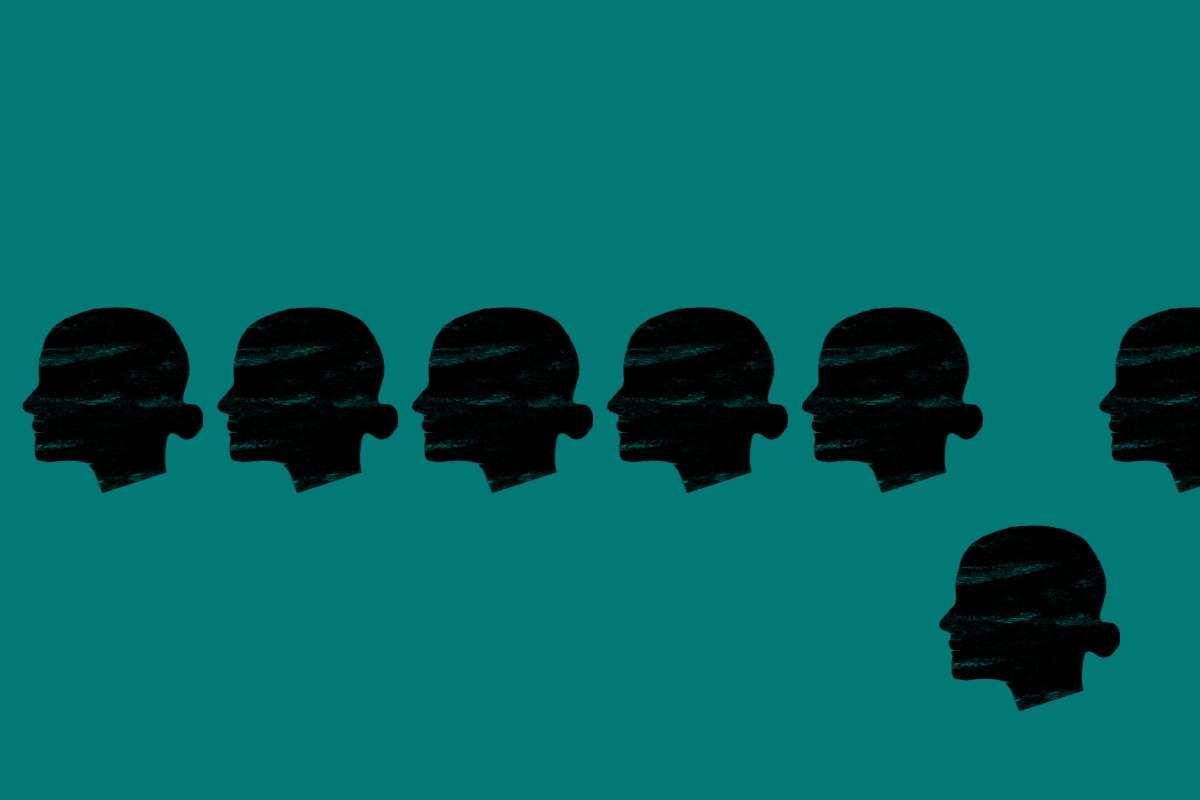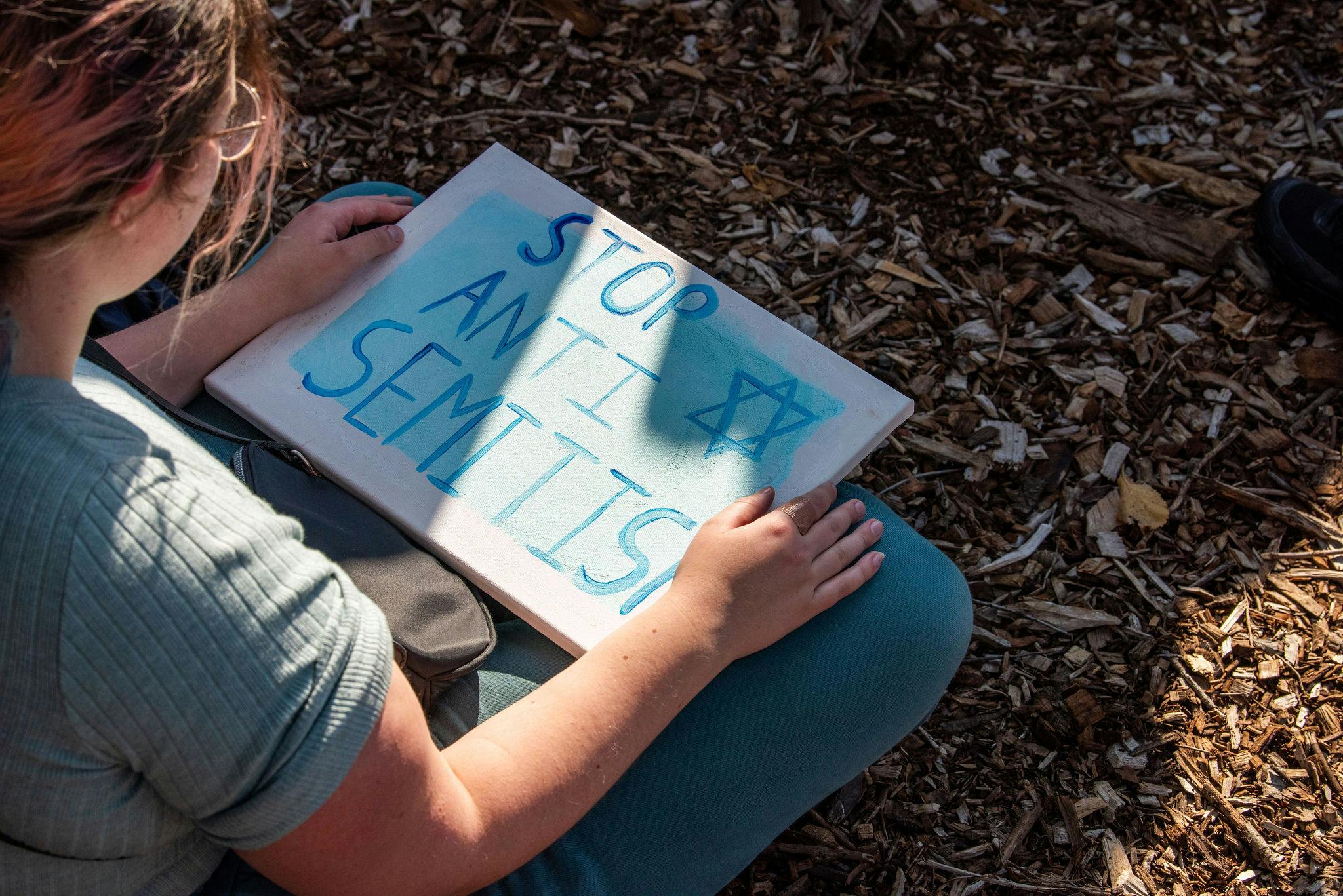Published: 14 September 2023
Last updated: 5 March 2024
Loadshedding has scarred the national psyche but the roots of Jewish emigration are deeper, encompassing economic, personal and political motivations.
South Africans have endured two to eight hours a day of loadshedding for more than a decade. Loadshedding is rotating power outages, or rolling blackouts, that relieve the stress on the national power grid that is caused by insufficient generation capacity.
The national energy crisis, which escalated in severity from 2008, has been attributed to aging infrastructure which has not been maintained over the years. It has, however, stabilised in the past few months at between two and eight hours a day. While there is a national effort to deal with this issue, encouraging solar and wind-generated power, loadshedding has had a psychological impact on the country.
The South African Jewish community complains about it, but has loadshedding actually pushed some in the community to emigrate?
“The Jewish community has been leaving South Africa for the last 63 years, and mostly this has nothing to do with loadshedding or any specific economic issues in South Africa,” says businessman Howard Sackstein.
Jewish emigration, he says, started after the Sharpeville Massacre in 1960, when people left because they were afraid for their future. This continued with the Soweto Uprising in 1976, when people left for the same reason. Emigration culminated in 1994, when people fearful of democracy left before the country’s first democratic elections. And this fear continues.
The Jewish community has been leaving South Africa for the last 63 years.
Businessman Howard Sackstein
Sackstein says that while the country is substantially better off than it was 30 years ago when it was run by a racist dictatorship, “it is nowhere near as good as it should have been. It has fallen behind in development in comparison to countries such as Botswana, Kenya and Rwanda. It has been plagued by corruption, maladministration, and government incompetence”.
Financial expert David Shapiro agrees but says, “People who want a reason to leave will certainly find more than one, which will include loadshedding, but those who want to stay, have enough reason to.”
In the 1980s and 1990s, he says, South Africa had so much electricity it was feeding much of the continent, and electricity was cheap for South Africans. “Now we find ourselves in a very different situation that has been getting worse since loadshedding started in 2008.”
Shapiro believes this is part of the bigger picture of “structural decay”, which has had a negative impact on the country’s psyche. “This has undoubtedly had an emotional impact on us, which has added to people’s reasons to leave.”
Community leader Shaun Mattison agrees there is no shortage of problems. But, he says, “Jewish life in South Africa is thriving despite the headwinds like loadshedding. Even the economy is growing, albeit very slowly.”
“The fundamental point is that as a consequence of loadshedding, all sorts of opportunities in private power and renewable energy have arisen that have been tapped into by Jewish businesspeople and entrepreneurs,” Mattison says. “They are setting things up to point us in a completely different and improved path.”
Sackstein maintains that the Jewish community mostly lives in its own bubble. “The majority have private healthcare, security and education and private electricity supply, which makes them almost immune to the maladies of those around them.
“Despite all these issues, the quality of life for many Jews in South Africa is better than in most countries. While loadshedding has had a terrible psychological impact on the community, it has also created unbelievable economic opportunities that has created solar and generator entrepreneurs. Their businesses have taken a bad situation and turned it into an opportunity.”
People leave when they see economic uncertainty, but those of us who stay have a thriving lifestyle.
Community leader Shaun Mattison
Mattison admits that while many people are emigrating, this is nothing new, nor as bad as people make it out to be. “People leave when they see economic uncertainty, but those of us who stay have a thriving lifestyle.”
Mattison, who is CEO of Vitality, a division of Discovery Health, a South African Jewish-owned multinational, says businesses like his “are thriving as innovators because we understand resilience and are innovative in our entrepreneurship”.
He adds that there is a great atmosphere in the South African Jewish community that inspires innovative entrepreneurship. “It’s a bit like being in Silicon Valley. Lots of entrepreneurs together create a buzzing entrepreneurial atmosphere.
“There is a lot happening. New institutions are developing. People are finding opportunities you wouldn’t necessarily find elsewhere, which is partly due a skills deficit, ensuring skills are valued.
Also, the global economy is under pressure, so it is not just us in South Africa.”
Gidon Novick, an entrepreneur who recently launched a national airline called Lift, agrees that while loadshedding has been a disaster for economic growth, South Africans “are resilient and resourceful and always make a plan. Loadshedding has accelerated our journey to privatised clean energy. Cape Town, for example, has built its own electricity infrastructure, which has reduced the impact of loadshedding in the city.”
Karin Milner, chair of the South African Jewish Board of Deputies, agrees that loadshedding has taken its toll and affected everyone to a greater or lesser extent.
What has been remarkable is seeing the resilience, ingenuity and even humour that has emerged in our people.
Karin Milner, Chair of the SA Jewish Board of Deputies
“However, to claim that people are emigrating due to loadshedding is simplistic,” says Milner, a professor of psychology at the University of Witwatersrand. “People make life decisions based on many personal and other factors.
“What has been remarkable during this crisis is seeing the resilience, ingenuity and even humour that has emerged in our people. While some are privileged to be shielded from loadshedding with generators, solar and inverters, others have had to rely on more creative and innovative solutions.”
She tells the story of a woman in the Jewish community who designed a simple metal tray with tea lights providing an excellent heating solution for Shabbat hot food. “These have found their way into Jewish and gentile households due to their effectiveness during loadshedding,” Milner says.
This is an example, she adds, of how the community “has adjusted to our new world and challenges, as South Africans have done for decades.”
“Knowing the treasures we have, we are prepared to put up with these challenges and look for the green shoots,” Milner says. “The reality is the majority of us are getting on with our lives to the best of our ability and based on our choc-a-bloc communal calendar our Jewish community is fully back in business.”
Sackstein says it goes further. “The truth is no South African who has left the country has truly found a home in the country of their choice. There is no Jewish community in Canada, United States, Australia, or England that compares to the South African Jewish community in terms of its hospitality, vibrancy and commitment to Jewish values and principles.
“There are also no Jewish communities anywhere with such a high percentage of their children in Jewish day schools, involved in Jewish youth movements and with such a low assimilation rate,” he says. “This makes it enormously difficult for South African Jews to feel at home in foreign lands. I believe they are always longing to try find what they had in South Africa but are unable to replicate it anywhere else.”
Photo: Members of the civil rights movement #NotInMyName hold posters in a protest against record blackouts due to troubles at state-owned power utility Eskom, January 20, 2023. (Phill Magakoe/AFP)




